Training
Kompakte, sofort einsetzbare Materialien, die dir helfen, die Grundlagen des Codings zu vermitteln und deine nächste innovative Unterrichtsstunde zu planen.

Quick & Practical Tools for Innovative Lessons
Entdecke die Grundlagen des Codings und des Computational Thinkings durch kompakte, praktische Aktivitäten, die für Lehrkräfte, Schüler*innen und alle, die die digitale Welt erkunden möchten, konzipiert sind. Egal, ob du neu im Bereich Coding bist oder frische Ideen für deinen Unterricht oder deine Workshops suchst – Learning Bits bieten dir inspirierende und praxisnahe Ansätze.
Anschauen & Lernen
Entdecke die Grundlagen des Codings mit spannenden Learning Bits. Diese 15-minütigen Module vermitteln die wichtigsten Konzepte des Codings und Computational Thinkings und bieten praktische Tipps für den Einsatz in verschiedenen Bildungseinrichtungen – egal, ob du Kinder oder Erwachsene unterrichtest.
Praktisch werden
Wähle ein Learning Bit, sieh dir das Anleitungsvideo an und erkunde praktische Aktivitäten mit den begleitenden Materialien. Ob du neu im Bereich Coding bist oder nach frischen, kreativen Unterrichtsideen suchst – Coding Basics wird dich mit den Werkzeugen ausstatten, um digitale Neugier und Kreativität bei deinen Lernenden zu wecken.
Teilen & Inspirieren
Nachdem du ein oder mehrere Code Week Learning Bits abgeschlossen hast, bringe digitale Kreativität in deine Bildungsumgebung und markiere deine Aktivität auf der Code Week Karte!
Organisiere eine Unterrichtsstunde, einen Workshop oder eine offene Veranstaltung. Wähle ein Datum und registriere deine Aktivität auf der Code Week Karte. Alle Aktivitätsorganisator*innen erhalten Teilnahmezertifikate.
Wenn du dich mit einer internationalen Gruppe begeisterter Lehrkräfte vernetzen möchtest, tritt der EU Code Week Facebook-Gruppe für Lehrkräfte bei! Um einen Schritt weiter zu gehen und mit anderen Schulen in deinem Land oder über Grenzen hinweg zusammenzuarbeiten – nimm an der EU Code Week 4 All Challenge teil.
Copyright notice ©
The EU Code Week website is a service supported by the European Commission Except where stated otherwise, content made available on this site is licensed under a Creative Commons Attribution-NonCommercial-ShareAlike 4.0 International (CC BY-NC-SA 4.0) license Licensing under Creative Commons licenses does not of itself affect the ownership of the copyright Content from third party websites is subject to their own copyright restrictions; please refer to the site of origin for more information.
Learning Bits
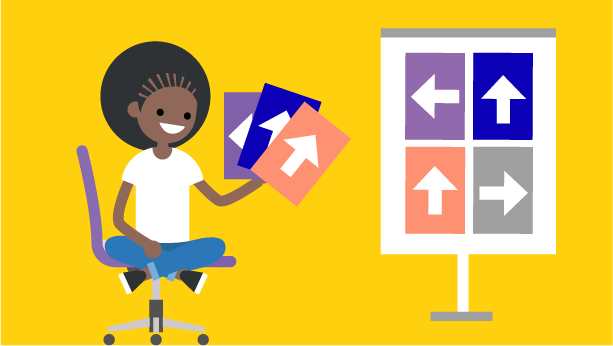
Programmieren ohne digitale Technologie (ohne Computer)
von Alessandro Bogliolo
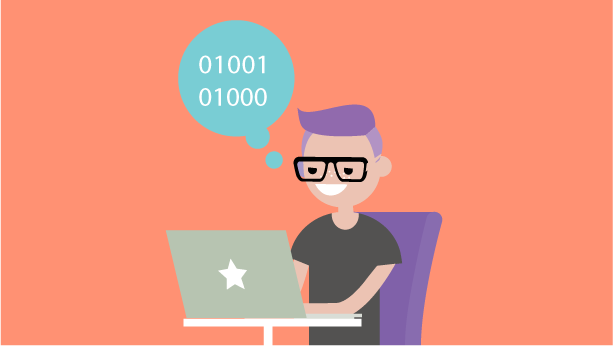
Rechnergestütztes Denken und Problemlösung
von Miles Berry
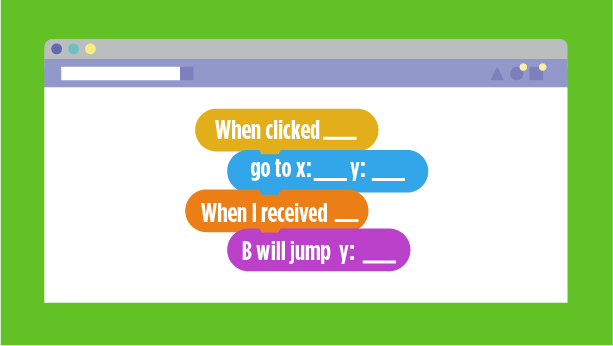
Visuelle Programmierung – Einführung in Scratch
von Margo Tinawi
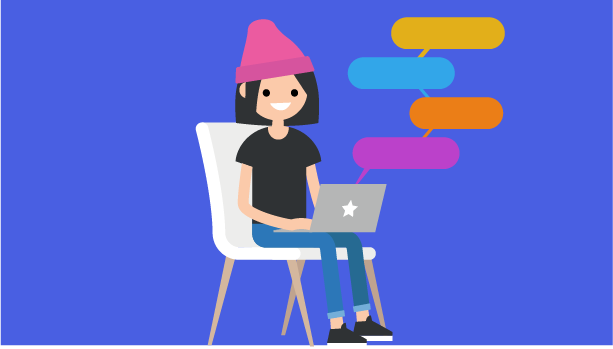
Lernspiele mit Scratch erstellen
von Jesús Moreno León
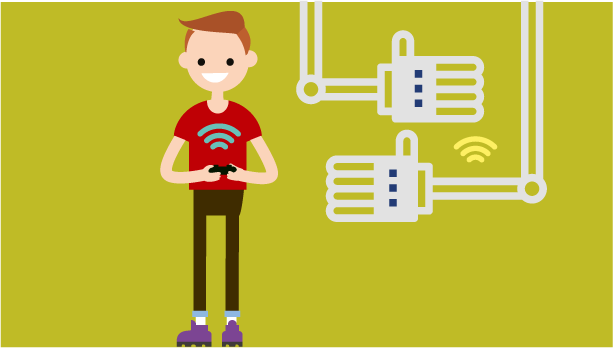
Robotik und technische Tüfteleien in das Klassenzimmer integrieren
von Tullia Urschitz
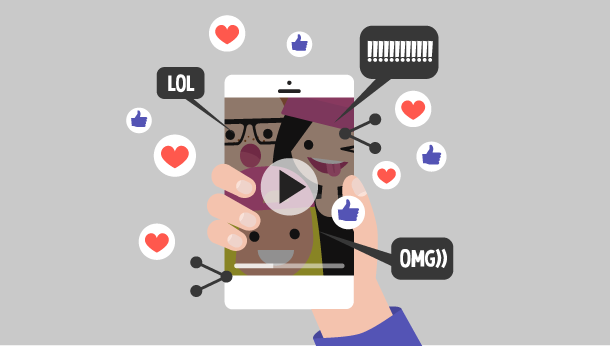
App Inventor und App-Entwicklung
von Rosanna Kurrervon Rosanna Kurrer
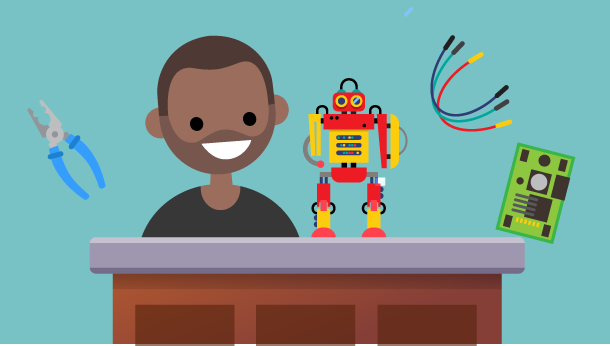
Basteln und Bauen
von Diogo da Silva
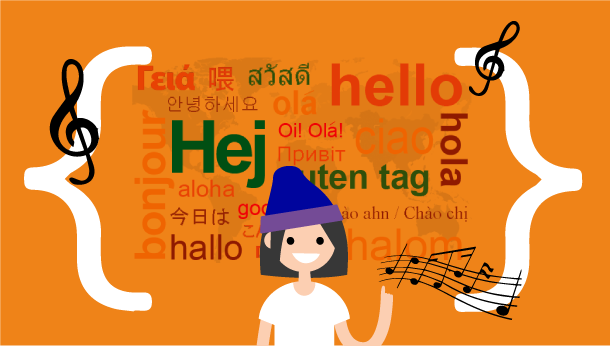
Programmieren für alle Fächer
Von M. Isabel Blanco, M. Concepción Fernández, Elisabetta Nanni, Debora Carmela Niutta, Stefania Altieri
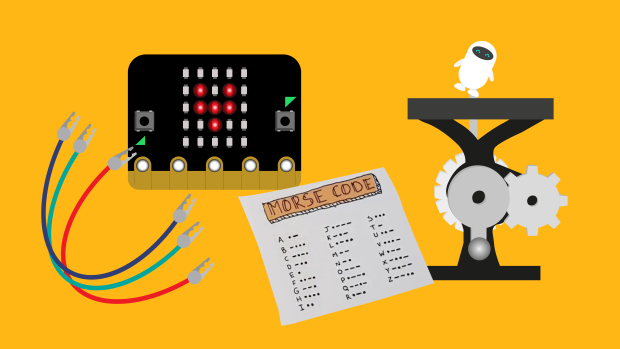
Basteln eines Automaten mit einem micro:bit
von Pauline Maas
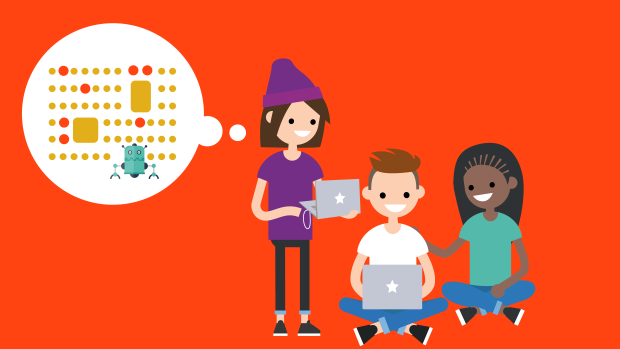
Kreatives Programmieren mit Python
von Ivana Vezjak
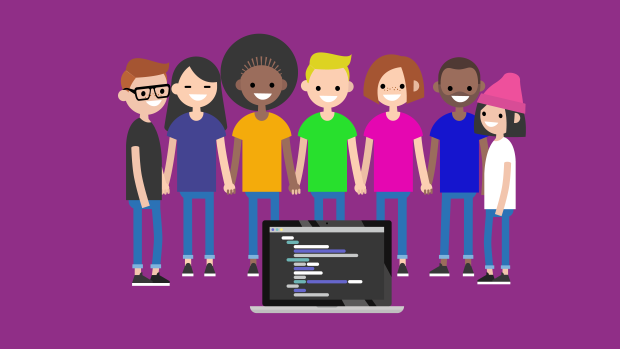
Programmieren für eine bessere Inklusion
vom Code Week-Team
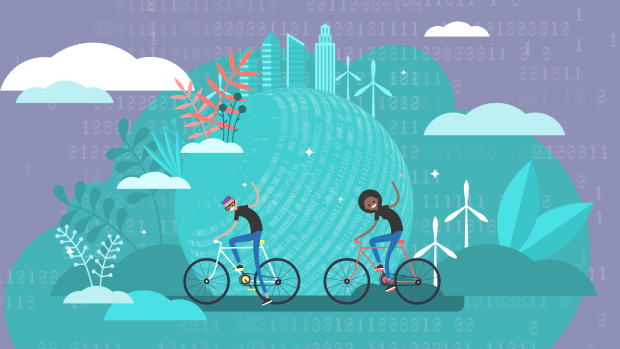
Programmieren für die UN-Nachhaltigkeitsziele
von Francisco Javier Masero, Cristina Nicolaita und Erviola Konomi
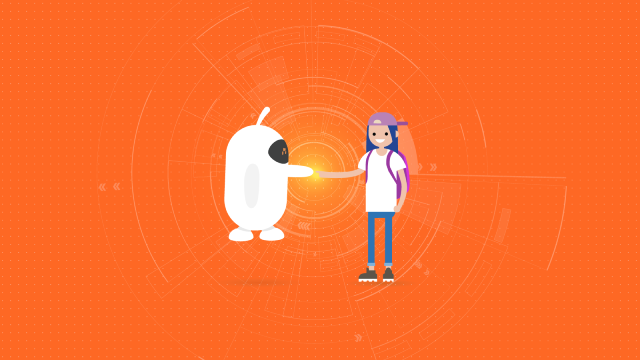
Künstliche Intelligenz im Klassenzimmer: eine Einführung
von Artur Coelho und Marjana Prifti Skenduli
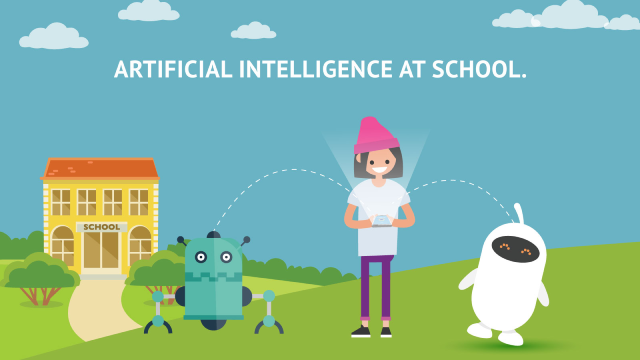
Lernen im Zeitalter der intelligenten Maschinen
von Adil Tugyan, Georgia Lascaris und Marco Neves
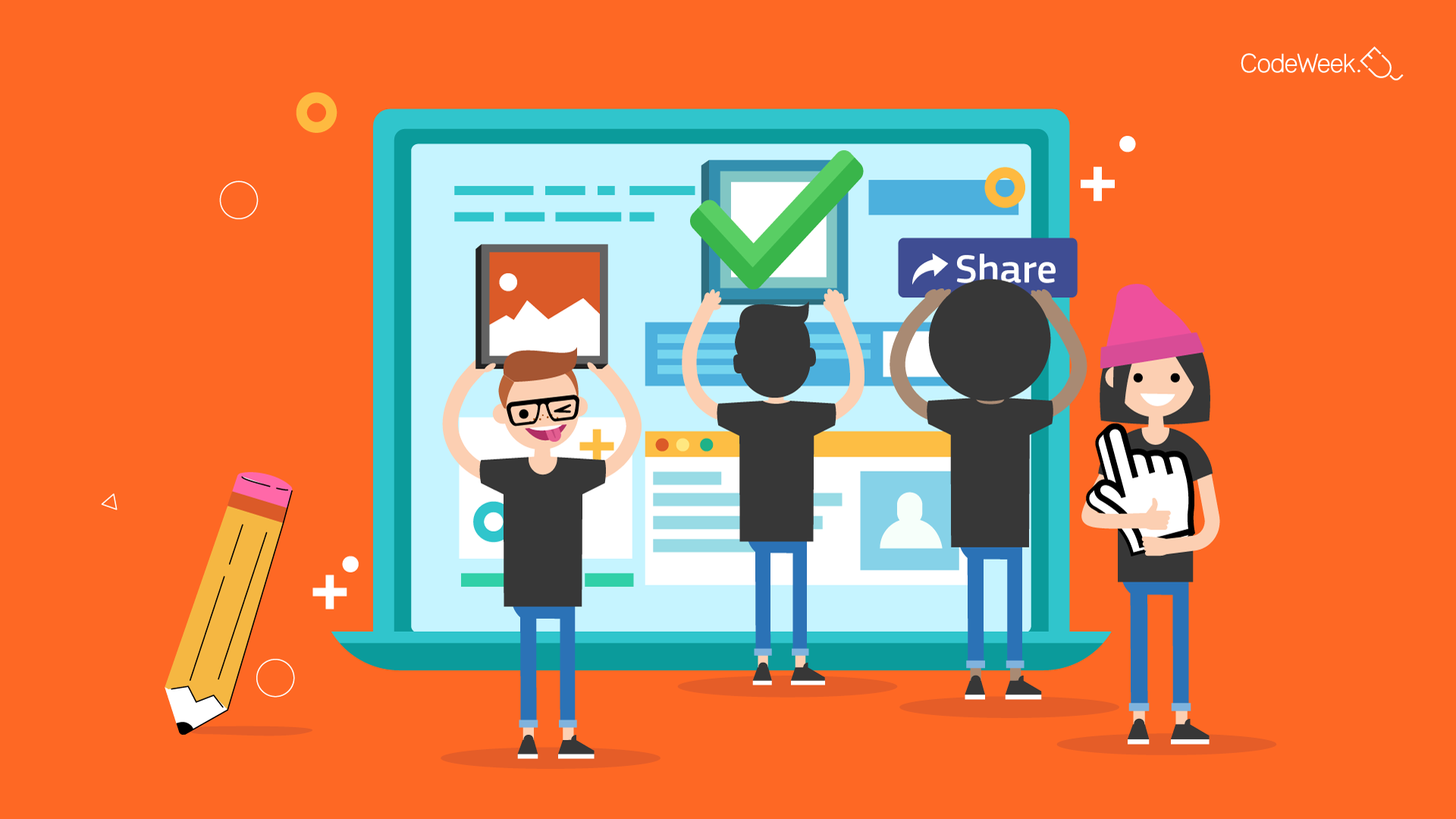
Bergbau-Medienkompetenz
von Marijana Smolčec, Tea Horvatić und Sanja Božinović
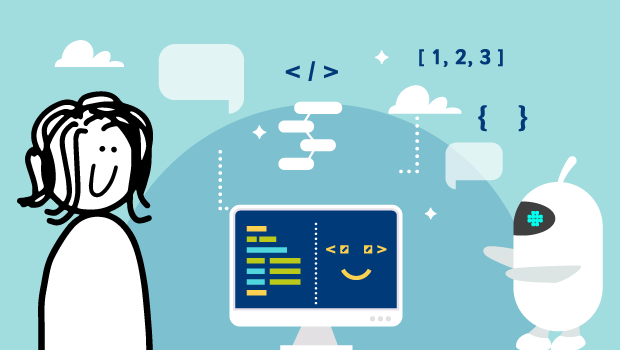
GESCHICHTENERZÄHLEN MIT HEDY
von Felienne Hermans
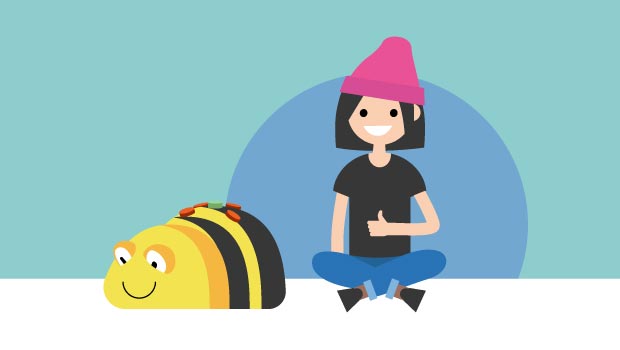
Programmieren trifft Gefühle
von Alenka Miljević
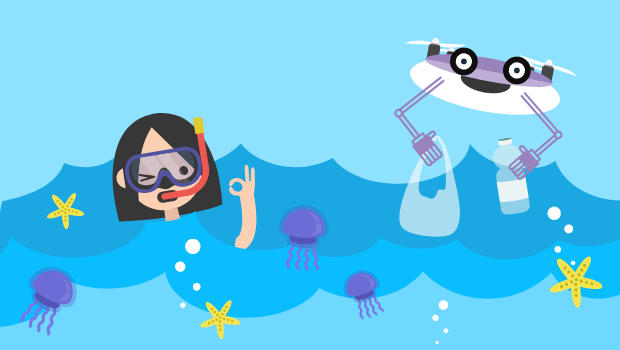
SOS Wasser
von Francisco Delgado Cecilia

Kreatives Scratch-Labor
von Krzysztof Jaworski
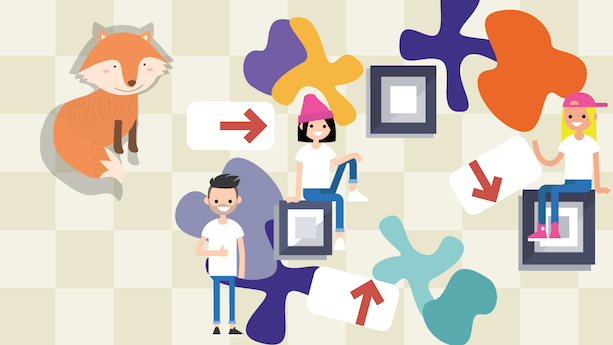
Künstlerisch programmieren
von Maria Tsapara
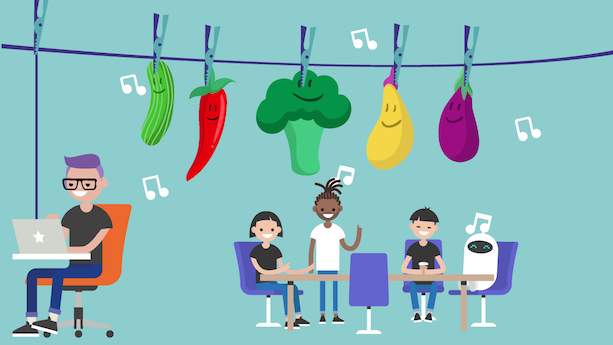
Etwas erschaffen und programmieren
von Ulla Hauptmann
